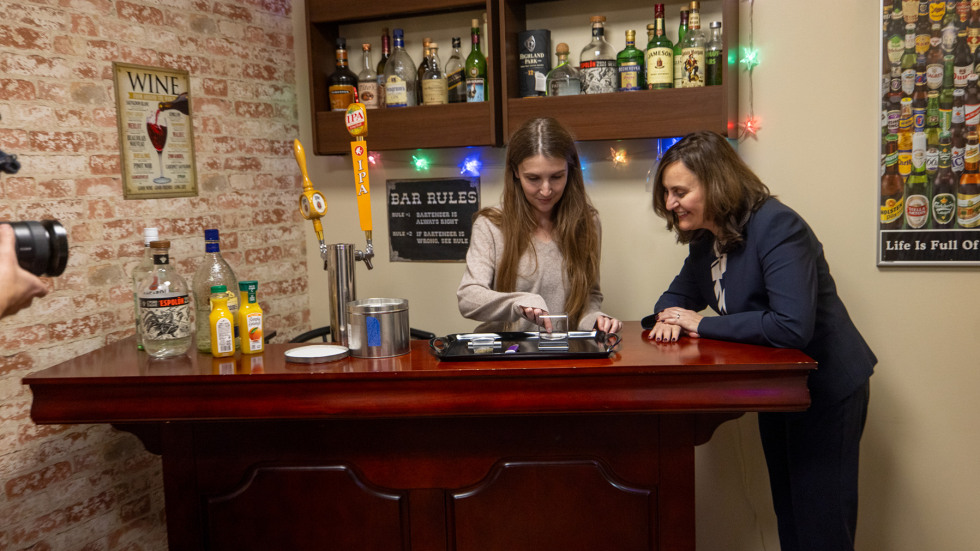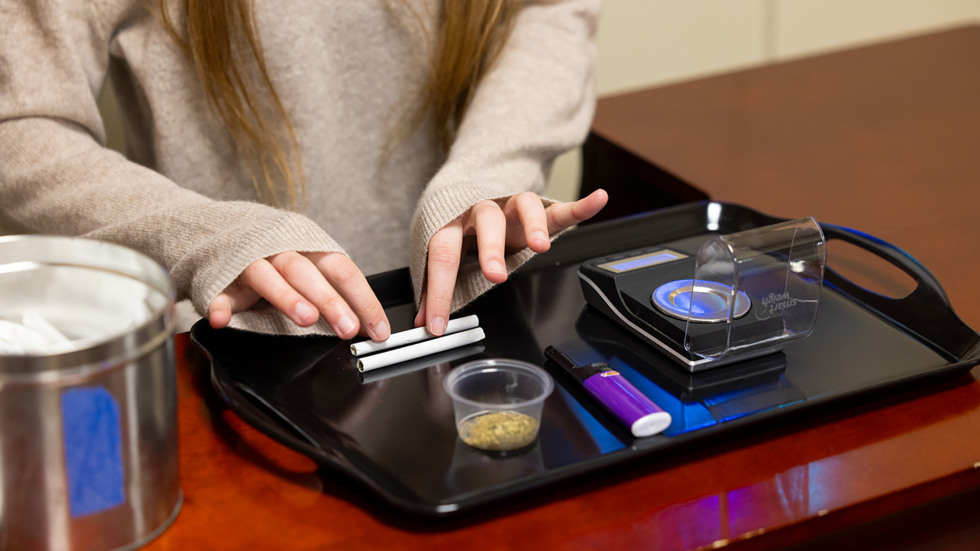PROVIDENCE, R.I. [Brown University] — The “California sober” trend, which involves ditching alcohol in favor of cannabis, is gaining momentum, spreading from Hollywood to health influencers to homes across America. Among the motivations for many adopters is to reduce alcohol use, and a new study on the causal effect of cannabis on alcohol consumption suggests that smoking marijuana may lead people to drink less — in the short term.
Published in the American Journal of Psychiatry, the study by researchers at Brown University is the first randomized, placebo-controlled trial to test whether cannabis use directly changes alcohol consumption. Unlike previous research that relied on surveys or self-reported associations, this trial allowed scientists to measure cause and effect under controlled laboratory conditions.
“What we found was consistent with this idea of the substitution effect popularized by the California sober trend,” said Jane Metrik, a professor of behavioral and social sciences and of psychiatry and human behavior at Brown University. “Instead of seeing cannabis increase craving and drinking, we saw the opposite. Cannabis reduced the urge for alcohol in the moment, lowered how much alcohol people consumed over a two-hour period and even delayed when they started drinking once the alcohol was available.”
The trial included 157 adults, ages 21 to 44, who drink heavily and use cannabis at least twice a week. Over three separate lab visits, each participant smoked cannabis cigarettes containing lower or higher levels of THC, the main psychoactive ingredient in marijuana, or a placebo. Placebo-controlled trials, in which neither the researchers nor the participants know who receives the placebo or the actual drug, are considered the gold standard for establishing what drives behavior, according to Metrik, who is affiliated with Brown’s School of Public Health and Warren Alpert Medical School.


